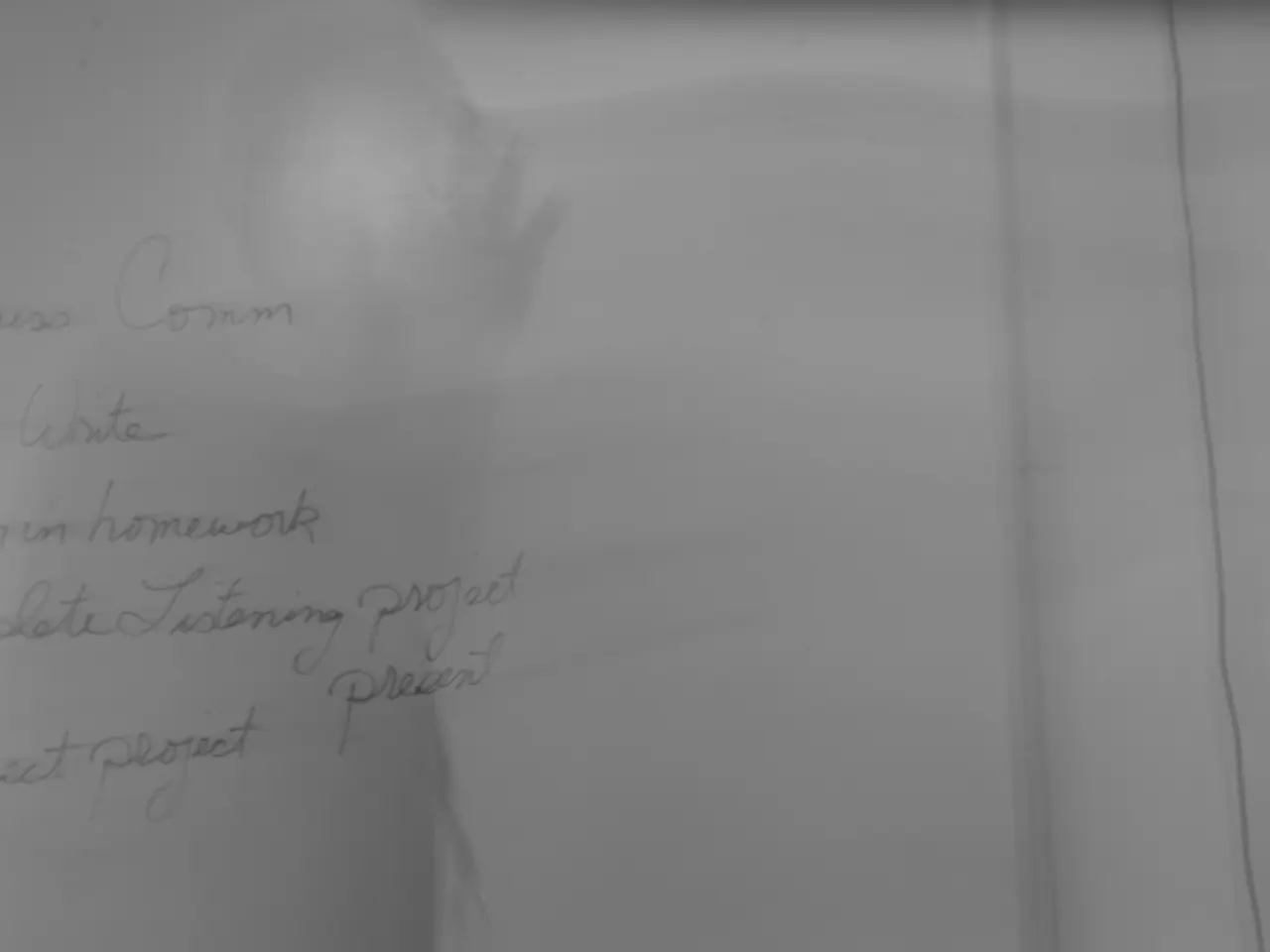Recalling Lu's Imperfections in the Public Eye
In the heart of Taiwan, the city of Taichung has been making headlines for reasons beyond its usual charm and vibrant culture. The city's mayor, Lu Shiow-yen, has found herself at the centre of a series of controversies, drawing criticism from various quarters.
Recently, Lu publicly opposed the importation of US pork with traces of ractopamine and spread false information about US products. This move has not only strained relations with the US but also raised questions about the city's commitment to factual information.
Another contentious issue is Lu's energy policy, often referred to as a "cocktail-style" approach. While she has advocated for emulating the US' model, she has simultaneously opposed all forms of energy, including thermal power, wind energy subsidies, solar farms, restarting the Ma-anshan Nuclear Power Plant, extending the operations of other nuclear plants, and installing gas-fired generators at the Taichung plant. Critics have labelled this approach as nothing but foam, an empty joke.
The city government's diplomatic approach has also been a subject of criticism. Lu's diplomatic style has been compared to a "mother-style," causing embarrassment to an ally. This was evident when she contravened an agreement with the American Institute in Taiwan (AIT) during a visit, turning a closed-door meeting into a public briefing.
AIT spokeswoman Amanda Mansour issued a statement affirming the unquestionable safety of US products and criticizing the propagation of disinformation by politicians.
On the domestic front, the city government has faced criticism for its handling of several incidents. A factory fire in Taichung's Dadu District claimed nine lives and injured eight others. Despite this, the city government has failed to provide detailed explanations and reform plans in light of these incidents.
Similarly, a gas explosion at Shin Kong Mitsukoshi Department Store left five dead and 38 injured. Even pro-KMT media outlets have criticized the city government's lack of follow-up mechanisms.
The city government has also found itself at odds with the Executive Yuan over the amended Act Governing the Allocation of Government Revenues and Expenditures. The Executive Yuan has withheld NT$34.5 billion (US$1.15 billion) from local governments due to issues with the amendment.
Taichung Mayor Lu led 14 heads of administrative regions in confronting the Executive Yuan over this issue. However, critics argue that Lu should have directed her criticism towards the KMT and TPP legislators who pushed the amendment through, rather than the Executive Yuan.
Lu's history of political theatre, including a controversial move to distribute "Guguan air bottle" gifts to voters, which left behind a large amount of plastic waste and cost NT$300,000, has also come under scrutiny.
Despite these controversies, it is worth noting that under DPP administrations, the proportion of renewable energy in Taiwan's energy mix has continued to increase, with solar and wind energy meeting Taiwan Semiconductor Manufacturing Co's green energy needs. However, Lu's administration has been criticized for failing to mention this increase.
As the city of Taichung navigates these controversies, the future remains uncertain. The city's residents and observers alike will be watching closely to see how these issues are addressed and resolved.
Liou Je-wei, a student at National Taiwan University's Graduate Institute of Political Science, is one such observer. His research focuses on the political dynamics of Taiwan's local governments, and he has been closely following the developments in Taichung.
Read also:
- United States tariffs pose a threat to India, necessitating the recruitment of adept negotiators or strategists, similar to those who had influenced Trump's decisions.
- Weekly happenings in the German Federal Parliament (Bundestag)
- Southwest region's most popular posts, accompanied by an inquiry:
- Discussion between Putin and Trump in Alaska could potentially overshadow Ukraine's concerns








